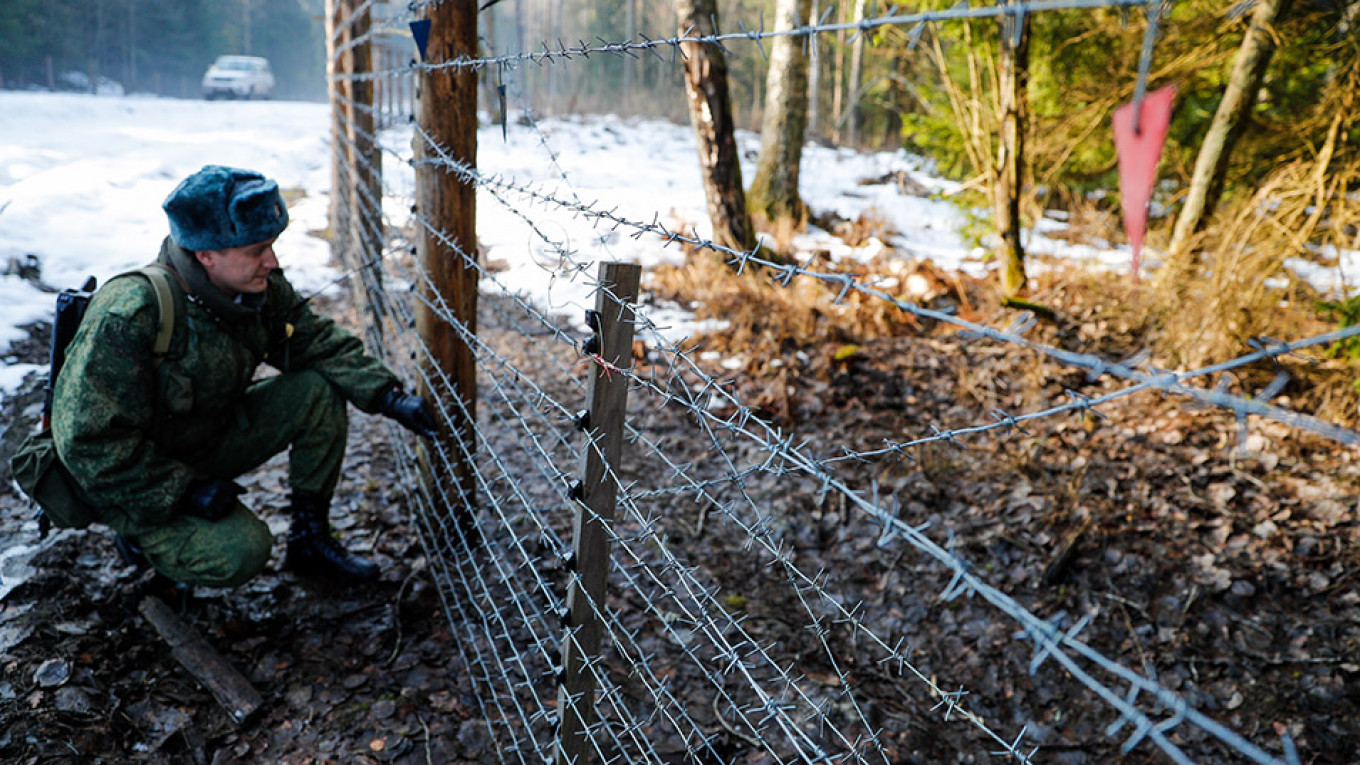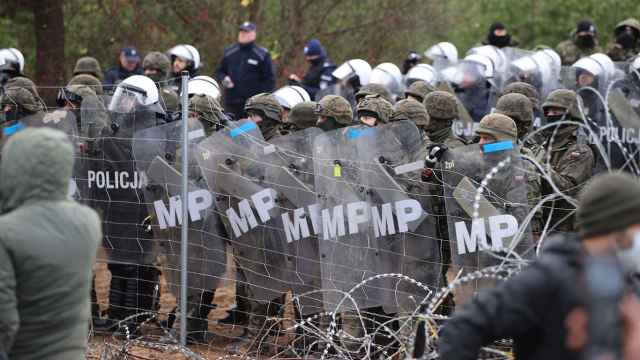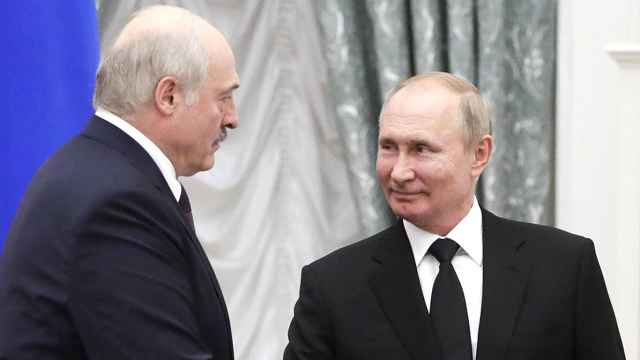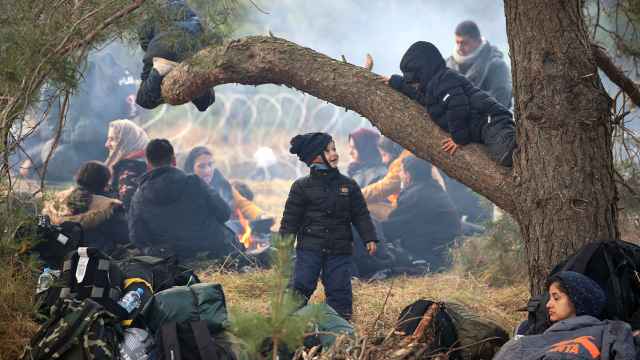A St. Petersburg resident has been detained after leading four South Asian migrants across a fake border crossing he had set up near Russia’s border with Finland, Interfax reported Tuesday.
Dozens of migrants attempted to cross Russia’s border with the European Union in summer 2018, when Russia launched a visa-free entry program for fans visiting for the FIFA World Cup. Many asylum seekers were detained while attempting to cross into Finland, Norway, the Baltic states and Poland during the tournament.
Russian border guards last Thursday detained the group of four migrants and their guide near the Finnish border, Interfax cited the local branch of Russia’s FSB border service as saying.
The guide had reportedly taken money from his clients after telling them they had successfully crossed into Finland when they passed a fake set of border markings in the Leningrad region.
A local court has ruled to deport the four South Asians for violating migration law and their guide is being investigated for fraud, Interfax reported.
A Message from The Moscow Times:
Dear readers,
We are facing unprecedented challenges. Russia's Prosecutor General's Office has designated The Moscow Times as an "undesirable" organization, criminalizing our work and putting our staff at risk of prosecution. This follows our earlier unjust labeling as a "foreign agent."
These actions are direct attempts to silence independent journalism in Russia. The authorities claim our work "discredits the decisions of the Russian leadership." We see things differently: we strive to provide accurate, unbiased reporting on Russia.
We, the journalists of The Moscow Times, refuse to be silenced. But to continue our work, we need your help.
Your support, no matter how small, makes a world of difference. If you can, please support us monthly starting from just $2. It's quick to set up, and every contribution makes a significant impact.
By supporting The Moscow Times, you're defending open, independent journalism in the face of repression. Thank you for standing with us.
Remind me later.






